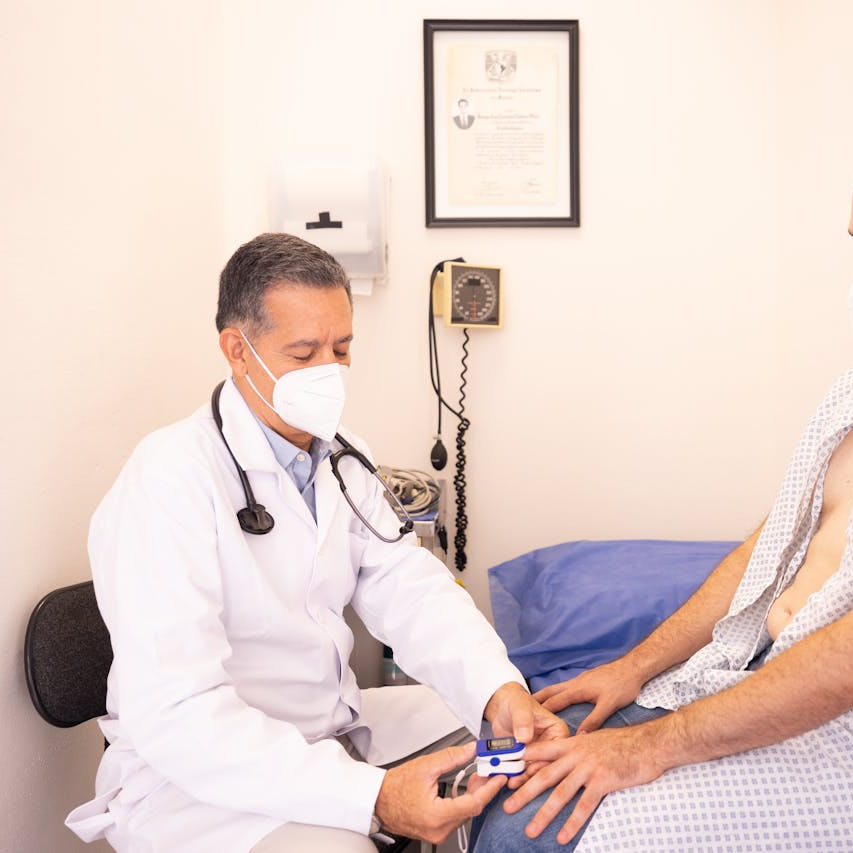Key Takeaways
- Ensure your Medicare coverage is effective when traveling by understanding what is covered and making necessary arrangements.
- Stay informed about the differences in Medicare coverage within the U.S. and abroad to avoid unexpected medical expenses.
Hitting the Road? Make Sure Your Medicare Travels With You
Traveling can be an exciting and enriching experience, but it’s essential to ensure your Medicare coverage travels with you. Understanding how Medicare works when you’re away from home can save you from unexpected medical expenses and stress. Here, we provide a clear and concise guide to help you navigate Medicare coverage while traveling, both domestically and internationally.
Understanding Medicare Coverage Within the U.S.
When traveling within the United States, Medicare coverage can vary based on the type of Medicare plan you have. Here’s a breakdown of what you can expect:
Original Medicare
Original Medicare, which includes Part A (Hospital Insurance) and Part B (Medical Insurance), generally covers care anywhere in the U.S. if the healthcare provider accepts Medicare. This means that whether you’re visiting a different state or a remote town, as long as you visit a provider who participates in Medicare, your coverage remains intact.
What Is Covered?
- Emergency Services: You are covered for emergency services across the U.S.
- Non-Emergency Services: Routine visits or specialist consultations are covered if the provider accepts Medicare.
Medicare Advantage Plans
Medicare Advantage (Part C) plans often have network restrictions, which means that your coverage might be limited to a specific geographical area. It’s crucial to check with your plan provider before traveling to understand the extent of your coverage.
What Is Covered?
- Emergency Services: By law, Medicare Advantage plans must cover emergency and urgent care services anywhere in the U.S.
- Non-Emergency Services: Coverage can vary widely. Some plans may provide nationwide coverage, while others may limit you to your network area.
Medicare Supplement (Medigap) Policies
If you have a Medigap policy, it can help cover costs not included in Original Medicare, such as copayments, coinsurance, and deductibles. Some Medigap plans offer additional benefits for travelers.
What Is Covered?
- Emergency Services: Some Medigap plans cover emergency services during foreign travel.
- Non-Emergency Services: Costs not covered by Original Medicare, provided the care is received from a Medicare-approved provider.
Traveling Internationally with Medicare
Medicare coverage outside the United States is limited. Generally, Medicare does not cover healthcare services you receive while traveling outside the U.S. and its territories. However, there are some exceptions and ways to ensure you have coverage.
Situations Where Medicare May Cover You Abroad
There are specific situations where Medicare may provide coverage outside the U.S.:
- Within U.S. Territories: Medicare generally covers services in U.S. territories (Puerto Rico, Guam, American Samoa, the U.S. Virgin Islands, and the Northern Mariana Islands) as it does within the U.S.
- Cruise Ship Medical Services: If you receive treatment while on a cruise ship within six hours of a U.S. port.
- Medically Necessary Services: If you are in a foreign country and a U.S. hospital is closer than the nearest foreign hospital for emergencies.
Supplementary Coverage Options for International Travel
Since Original Medicare provides limited international coverage, it’s wise to consider supplementary insurance options:
- Medigap Plans: Some Medigap policies provide coverage for emergency care abroad.
- Travel Insurance: Purchasing travel insurance can offer comprehensive medical coverage, including emergency evacuation and treatment costs abroad.
Tips for Ensuring Coverage While Traveling
Navigating healthcare while traveling can be daunting, but these tips can help you stay prepared and informed:
Before You Travel
- Verify Coverage: Contact your Medicare plan provider to confirm your coverage details and understand the extent of your benefits while traveling.
- Check Networks: If you have a Medicare Advantage plan, ensure you know which providers are in-network at your destination.
- Research Local Healthcare: Understand the healthcare system and availability at your destination. Know the locations of nearby hospitals and clinics.
- Consider Additional Insurance: Evaluate the need for additional insurance, such as Medigap or travel insurance, especially for international trips.
While Traveling
- Carry Your Medicare Card: Always have your Medicare card and any additional insurance cards with you.
- Keep Records: Maintain a copy of your medical records and any prescriptions you might need.
- Emergency Contacts: Have a list of emergency contacts, including your healthcare provider and insurance company.
- Know Your Rights: Familiarize yourself with your rights to emergency care under Medicare Advantage plans.
What to Do in a Medical Emergency
Knowing what to do in a medical emergency while traveling is crucial. Here are the steps to follow:
Domestic Travel
- Seek Immediate Care: Go to the nearest hospital or call emergency services.
- Inform Providers: Let the healthcare providers know you have Medicare.
- Keep Receipts: Save all receipts and documentation of your medical treatment for reimbursement purposes.
International Travel
- Contact Local Authorities: Seek help from local emergency services or go to the nearest hospital.
- Notify Your Insurance: Contact your insurance provider as soon as possible. They can guide you on what steps to take and help coordinate care.
- Documentation: Keep detailed records and receipts of all medical services received.
Returning Home After Receiving Medical Care
After receiving medical care while traveling, follow these steps to ensure everything is in order:
- File Claims Promptly: Submit any necessary claims to Medicare or your insurance provider as soon as possible.
- Follow-Up Care: Schedule follow-up appointments with your primary care provider to ensure continuity of care.
- Review Coverage: Assess your experience and consider if you need to adjust your coverage or purchase additional insurance for future trips.
Ensuring Peace of Mind on the Road
Traveling can be a wonderful experience, but it’s essential to be prepared for the unexpected. By understanding your Medicare coverage and taking the necessary steps to ensure you are protected, you can travel with greater peace of mind. Whether you’re exploring the U.S. or venturing abroad, knowing how to manage your Medicare benefits can help you enjoy your travels without worrying about potential medical issues.
Tips for Long-Term Travelers
For those who travel for extended periods, additional considerations are necessary. Here are some tips for long-term travelers:
Maintain Continuous Coverage
Ensure you do not have any lapses in your Medicare coverage while away. This includes keeping up with premium payments and understanding the rules regarding out-of-network coverage.
Prescription Medications
If you take prescription medications, ensure you have an adequate supply for the duration of your trip. Discuss with your healthcare provider about obtaining a larger supply or arranging for refills while you are away.
Regular Health Check-Ups
Plan for regular health check-ups and manage chronic conditions while traveling. This might include scheduling telehealth appointments or finding local healthcare providers for routine care.
Stay Informed
Keep yourself informed about any changes in Medicare policies or your specific plan benefits that could affect your coverage while traveling. Regularly check for updates from Medicare and your plan provider.
Final Thoughts on Medicare and Travel
Traveling with Medicare requires some planning and understanding of your coverage, but it doesn’t have to be overwhelming. By staying informed and taking proactive steps, you can ensure that your Medicare benefits will support you wherever your travels take you. Always verify your coverage details, consider additional insurance options, and keep important information handy to avoid any disruptions in your healthcare.
For more detailed information on Medicare coverage, visit CMS.gov or connect with licensed insurance agents who can provide personalized guidance. Download our eBook as a supplemental guide to help you navigate the intricacies of Medicare coverage during your travels.
Contact Information:
Email: [email protected]
Phone: 4805553456






